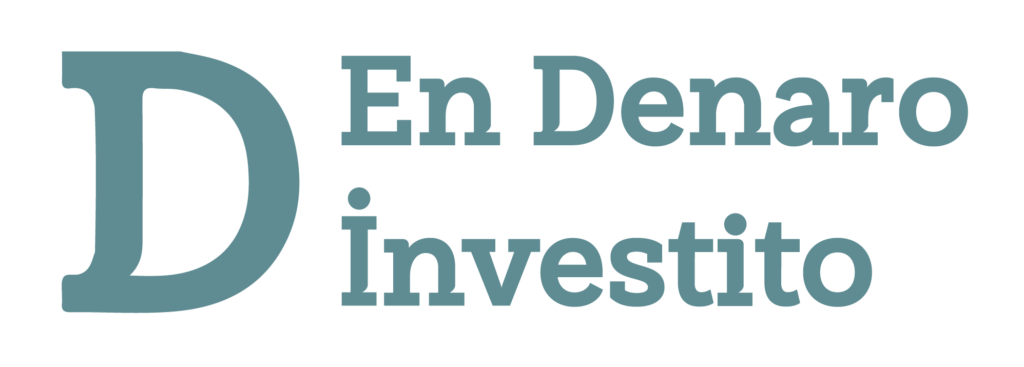In today’s fast-paced world, effectively managing your paycheck has become more crucial than ever. As financial landscapes continually shift, understanding how to maximize the benefits of your paycheck can make a significant impact on your financial well-being. Whether you’re trying to save more, spend wisely, or plan for future investments, getting the most from that regular deposit is essential.
Navigating the complexities of a paycheck requires not only awareness of your income and deductions but also strategic planning. From tax withholdings to employer benefits, each component of your paycheck can either aid or hinder your financial goals. It’s important to delve into these aspects to ensure every dollar works toward your advantage.
In this post, we’ll explore practical tips and insights to help you take control of your paycheck. By understanding key financial principles and making informed decisions, you can set a solid foundation for financial security. Empower yourself by transforming your paycheck into a tool for prosperity and peace of mind.
Maximizing Your Paycheck
Maximizing your paycheck starts with understanding where your money goes each month. This involves examining your pay stub and understanding the various deductions taken out before you receive your net pay. Common deductions include taxes, insurance premiums, and retirement contributions. By being aware of these, you can begin to optimize your take-home pay.
Once you understand your deductions, you can explore ways to adjust them. For instance, reviewing your tax withholdings can potentially increase your weekly pay by ensuring you don’t withhold too much. Similarly, optimizing benefits like retirement contributions can save money long-term without impacting your immediate paycheck significantly.
Additionally, consider the benefits provided by your employer. Some companies offer programs that can increase your overall compensation package, such as flexible spending accounts, stock options, or bonuses. Fully utilizing these can enhance the value you derive from your paycheck.
Creating a Budget That Works
Effective paycheck management often boils down to budgeting. Creating a budget helps you allocate your funds wisely and ensures you are living within your means. Start by listing all your income sources and expenses to get a clear picture of your financial situation. This clarity is key to making informed decisions about your spending.
Your budget should prioritize necessities, including housing, utilities, and groceries, before moving on to discretionary spending. Allocating specific amounts for savings, debt repayment, and entertainment helps maintain a healthy balance between current needs and future goals. A well-planned budget can ease financial stress and increase savings potential.
Use budgeting tools or apps to track your expenses and ensure you’re adhering to your plan. These tools can alert you to spending trends and help you adjust your budget as needed. This awareness is crucial for staying on top of your financial health and maximizing your paycheck’s potential.
The Role of Savings
Saving is a fundamental aspect of financial stability, and reserving a portion of your paycheck for savings is vital. Whether it’s through a traditional savings account or investment in stocks or bonds, setting aside funds regularly can position you better for unexpected expenses and future investments. Consistent saving builds a safety net that provides peace of mind.
Consider automating your savings to ensure that a portion of each paycheck goes directly into a savings or investment account. Automating this process helps build the habit without requiring constant attention, and over time, these contributions can grow significantly due to compound interest.
Emergency funds are another critical component of financial planning. These funds should ideally cover three to six months’ worth of expenses, providing a buffer in case of unforeseen circumstances like job loss or medical emergencies. Prioritizing this fund over more volatile investments can protect you financially.
Understanding Employer Benefits
Employer benefits can play a substantial role in enhancing the value of your paycheck. Familiarizing yourself with your benefits package allows you to leverage them to your advantage. Healthcare plans, retirement contributions, and educational assistance are some common benefits that can save money or provide additional value.
Diving into details such as health insurance coverage, premium costs, and dependent care options can help you make the most out of available resources. Understanding and choosing the most appropriate options for your circumstances can lead to significant savings and better financial security.
Some employers also offer benefits like gym discounts or wellness programs, contributing to an improved quality of life. Taking advantage of these offerings not only stretches your paycheck further but also promotes a healthier lifestyle, which can have long-term financial benefits.
Investing for the Future
Investing a portion of your paycheck can pave the way for long-term financial growth and security. It’s essential to research and understand genuine investment opportunities, whether in stocks, bonds, or retirement funds, to maximize your returns. Diligent planning and informed decisions can enable successful investment strategies.
Retirement accounts such as 401(k) or IRAs are beneficial options. Contributions to these accounts often reduce taxable income, while compounding interest and potential employer matching can amplify your savings over time. Investigating these options and their benefits is well worth the effort for future security.
Educating yourself on market trends, investment risks, and diversification is crucial. A diversified portfolio can mitigate risks and optimize returns. Engaging with financial advisors or utilizing educational resources can improve your understanding and confidence, leading to more informed investment decisions.
Conclusion
Effectively managing your paycheck requires a multifaceted approach that includes optimizing deductions, budgeting, saving, understanding employer benefits, and investing wisely. By taking control of these financial aspects, individuals can transform their paycheck from a mere source of income to a powerful tool for financial growth and stability. Developing these habits and making informed choices paves the way for a secure financial future and a more prosperous life.













